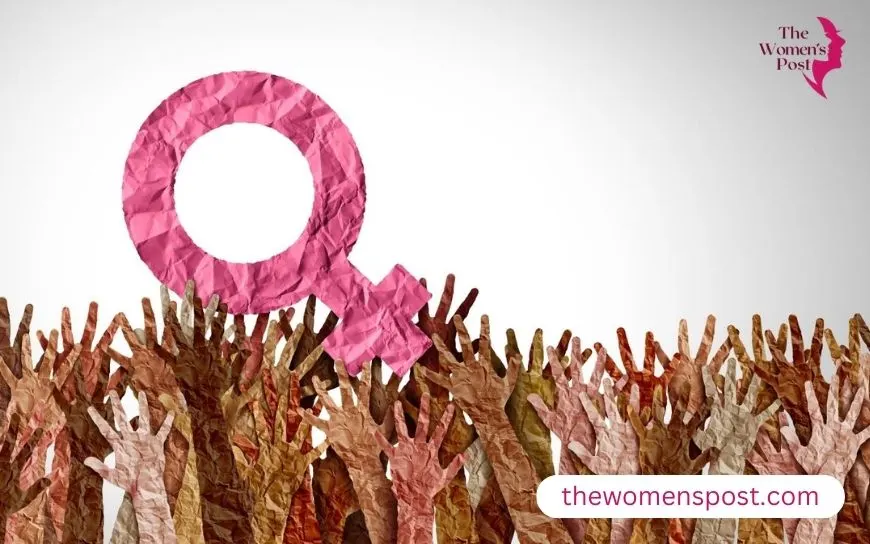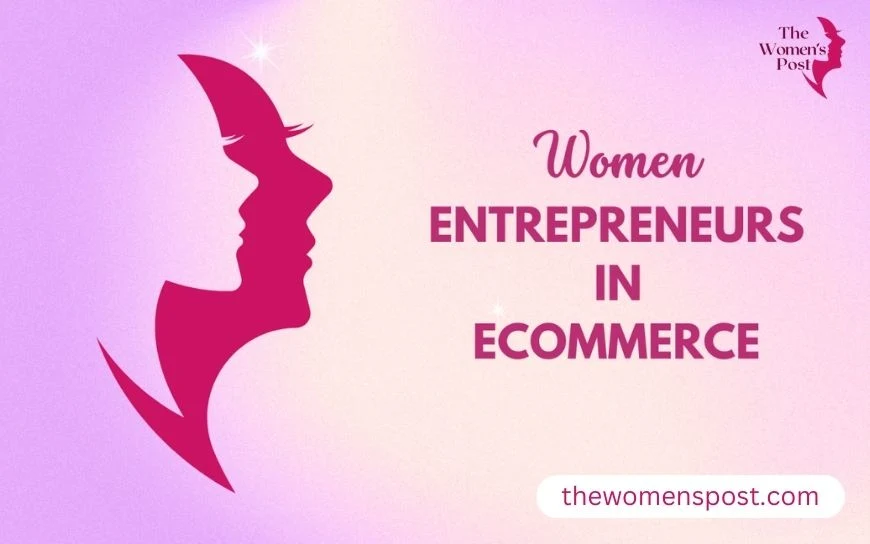Imagine stepping into a conference room where your ideas are not only heard, but actually comprehended. When your manager senses you’re feeling a touch odd today and checks in. Where leadership is defined by connection, understanding, and influence rather than loud voices or ruthless rivalry. That is what empathic leadership feels like, and women are leading the way.
Empathy, traditionally considered a “soft skill,” is now regarded as a superpower in leadership, and women are redefining what actual power looks like in today’s workplace.
Empathy is More Than Just “Being Nice”
Let’s start by dispelling a myth: empathy doesn’t imply being excessively emotional, saying “yes” to everything, or avoiding difficult talks. It is not about weakness. On the contrary, empathy combines strength and sensitivity.
Empathy in leadership is the ability to put yourself in the shoes of others, view the world through their eyes, and respond with intention. It entails listening without interrupting, acknowledging unspoken challenges, and providing space for people to be seen and heard. It is not enough to simply manage people; you must also comprehend them.
Women frequently offer a special power to this situation, thanks to both nature and upbringing.
Why Empathy is a Game Changer in Leadership?
The workplace has altered. What was once a strict, hierarchical, suit-and-tie battleground is now becoming more adaptable, human-centered, and inclusive. We’re not only working with skills and outputs; we’re also working with people, and people are complex.
Empathy enables leaders to:
- Create stronger teams based on trust.
- Navigate disagreements without causing undue drama.
- Understand unstated difficulties before they become actual problems.
- Support mental health and avoid burnout.
- Inspire rather than intimidate.
In summary, empathy promotes engagement, inventiveness, and retention, all of which are critical in today’s fast-paced environment. When we look around, we see that many of the most successful and recognised leaders—across industries—lead with their hearts.
The Feminine Advantage
Women frequently contribute significant degrees of emotional intelligence to discussions due to their lived experiences and cultural training. While not limited to women, this “feminine” leadership style is highly empathic, collaborative, and emotionally attentive.
The manager recognises when a team member is on the edge of burnout and gently reassigns work.
The CEO promotes open communication about mental health.
The founder listens to her team’s comments, pivots direction, and leads with humility rather than arrogance.
These are not hypothetical examples. These are stories from boardrooms, businesses, schools, hospitals, and even households. Empathetic leadership is not restricted to the C-suite. It is being practiced at all levels, and women are embracing it wholeheartedly.
Breaking the Old Mould Of Leadership
For decades, leadership was linked with characteristics like as aggressiveness, decisiveness, and domination. Consider hard-charging, no-nonsense, heartless decision-makers. Vulnerability? Emotional expression? Listening? These were considered “weaknesses.”
But times have changed.
Post-pandemic workplaces, Generation Z’s impact, and worldwide mental health awareness have reshaped our expectations of leaders. People seek sincerity, not authority. They seek connection, not control. And this transformation has created opportunities for women to lead authentically, rather than replicating traditional power patterns.
Women do not have to “man up” to lead. They need to move the lady ahead, and empathy is the guide.
Real Women, Real Stories
Let us root this in reality. Here are a couple anecdotes about women leading with empathy that may resonate:
1. Neha, a startup entrepreneur from Bangalore
When one of Neha’s team colleagues suddenly began missing deadlines, her first thought was to enquire. A talk showed that the employee was experiencing a personal loss. Neha encouraged her to take time off, allocated a partner to help with her workload, and followed up on a regular basis. Not only did this employee return stronger, but her devotion to the organisation increased dramatically.
2. Maria is a high school administrator in New York
Maria established a “mental health hour” every Friday when instructors could relax, communicate, and encourage one another. She listened when they stated burnout was a reality. Her school saw lower absenteeism and more student engagement because the instructors felt cared for.
3. Fatima is a marketing director in Dubai
Fatima made a point of asking her staff one non-work-related question at the start of each meeting. “How’s your family?” “What’s something you’re excited about this week?” These simple actions fostered a culture of true connection, boosting creativity and lowering stress.
These women did not lead with ego. They led with empathy, and it worked.
The Ripple Effect of Empathy
Empathy influences not just individual acts but also organisational culture.
When leaders demonstrate empathy, they communicate that it is OK to bring your complete self to work. This cascades down, making teams more transparent, inclusive, and inventive. It becomes simpler to engage in difficult talks without fear. People feel comfortable, acknowledged, and supported.
And don’t forget: empathy isn’t limited to the workplace. It enriches families, friendships, and communities. Empathetic women lead not only businesses, but also revolutions, healing, and transformation.
The Challenges Women Still Face
Let’s be honest—it isn’t always easy. Women in positions of leadership frequently navigate a precarious situation.
Be empathic yet not “too emotional.”
Be powerful yet not “too aggressive.”
Be confident, but not “bossy.”
Be kind yet not “soft.”
The double standards may be tiresome. However, the narrative is gradually shifting. As more women take the lead and bring empathy to the forefront, we are redefining what leadership looks like. We’re demonstrating that power and kindness aren’t diametrically opposed; rather, they work together to great effect.
Empathy is Learnable – and for Everyone
Although this essay highlights women who lead with empathy, let us be clear: empathy is not a gender-specific attribute. Men, women, and non-binary people can all lead with empathy. However, women, particularly in a culture that has historically disregarded this talent, are embracing it like never before.
What is the good news? Empathy is a talent. It can be grown.
Here’s how.
- Practice active listening: Really listen to what people say. Don’t just wait to talk.
- Pose important questions: “How are you?” is a decent question. “How are you really?” works better.
- Be present: Eye contact, body language, and attentiveness are important.
- Check your assumptions: Everyone is fighting wars you can’t see.
- Lead by example: Your empathy gives others permission to do the same.
Empathy is not a one-time act; it is a leadership style and philosophy.
The Future Is Empathetic
The leaders of tomorrow are not the ones who yell the loudest. They are the ones who can listen profoundly, connect truly, and lead from the heart. Women all across the world are demonstrating that empathy is not optional—it is necessary.
We need more leaders to enquire, “What do you need?”
Who says, “I hear you.”
Who acknowledge, “I don’t know, but I’m here with you.”
Who lead with soul as well as strategy.
Women who lead with empathy are altering not only the workplace, but also the globe.
And, just maybe, that’s the type of leadership we’ve been looking for.
Empathy is Your Edge
Whether you’re a woman taking on your first leadership job or a seasoned professional evaluating your approach, remember this:
Empathy is not a weakness.
This is not a soft talent.
It is not an afterthought.
It’s your edge. Your power. Your gift.
So start with it. Own it. Allow it to permeate all of your activities.
Because, in a world in dire need of understanding, your empathy may be the most powerful thing you can provide.
Also read: Eco-Feminism: The Revolution Where Women and Nature Rise Together










